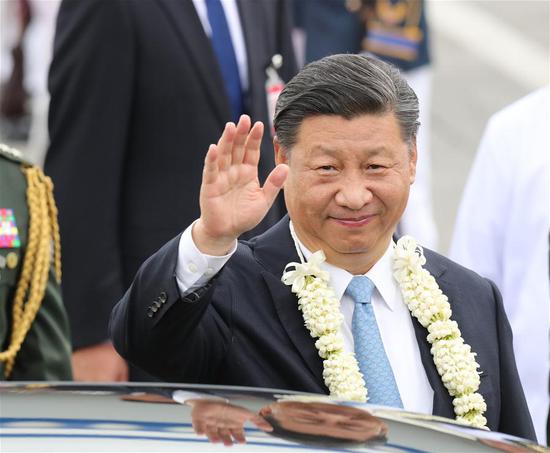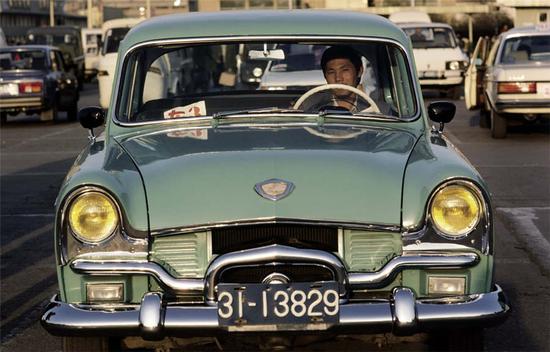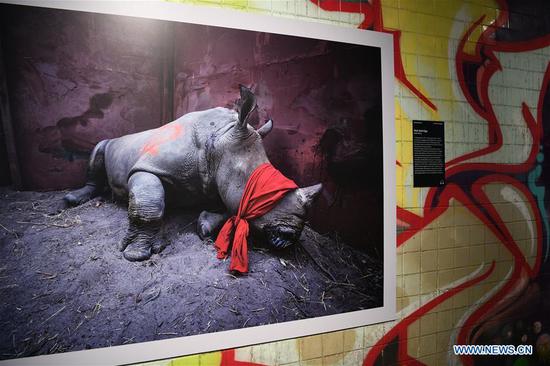"Get your dog registered and walk it on a leash," urban management officers in the eastern Chinese city of Hangzhou are telling local dog owners, in an ongoing clampdown on uncivilized dog-raising behaviors.
From mid-November to end-December, officers will patrol the city to check if there are any infringements on behalf of dog owners, such as having no dog license or walking a dog without a leash in public places like squares and parks.
"We do not target dogs themselves. We aim to regulate dog owners," said Duan Cunguo, an urban management officer in the city's Xihu district.
"We help to make sure that local residents raise dogs properly, get them registered and walk them on a leash," said Duan, before denying online accusations that colleagues have been beating dogs with sticks and of other animal cruelties.
The clampdown comes in the wake of a dog owner brutally attacking a woman who tried to separate his unleashed dog from her children in the city earlier this month. The attack has helped to raise widespread public awareness of uncivilized dog-raising habits.
Such conflicts between dog owners and residents are becoming more frequent in China as more and more people in the country keep dogs as pets.
Currently, about 56.5 million people in China's urban areas raise a total of 91.5 million pet dogs and cats, according to a white paper on the pet industry. As a result, there has been a rise in reports of people being bitten by dogs and disputes arising from uncivilized dog-raising habits.
Besides Hangzhou, other cities, including Wuhan of Hubei Province, Guangzhou of Guangdong Province and Wenshan of Yunnan Province, have also unveiled measures in a bid to eradicate uncivilized dog-raising practices.
Starting next year, dog owners in Wuhan could be fined up to 1,000 yuan (144 U.S. dollars) if they fail to walk their dogs with a leash, tag and muzzle.
Police in Guangzhou, meanwhile, are offering free leashes, muzzles, tags and poop scoops. They are also encouraging residents to report stray dogs.
This spate of regulations has triggered public discussion, with many people, including many dog owners, supporting the clampdown on irresponsible dog owners.
"It's our right to keep a dog, but that does not mean we can disturb others," a microblogger under the name of Fadou wrote on China's Twitter-equivalent Sina Weibo. "The best way to protect our dogs is to walk them on leashes, clean up poo in a timely manner and train our pets."
"There should be more humanized measures rather than hasty ones," said a Hangzhou resident surnamed Li.
Authorities should transform their understanding and measures of social governance in their quest for a long-term solution to uncivilized dog-raising, said Yang Jianhua, a researcher with the Zhejiang Provincial Academy of Social Sciences.
Apart from strict law enforcement, the service-oriented government should listen to citizens and make appropriate changes to adjust to new situations, said Yang.
"Any freedom should also be based on not disturbing the public order. Only by abiding by rules can we achieve harmonious relations between humans and pets," said Yang.


















































